Data Science Culture Doc
Marton Trencseni - Fri 23 September 2022 - Leadership
Introduction
I wrote a Culture Doc for the Data Science team I lead. It consists of 24 values (or slogans) that is a good representation of what we believe, what we want to achieve, and how we want to get there.
It's no secret that a lot of the values are taken from other companies' culture docs (mainly Facebook and Amazon), with some re-wording; some of them are original.
The best-way to read is on the Data Science Culture mini-site, and I have also reproduced the document below.
Related Bytepawn posts worth checking out:
- Culture Docs: Facebook, Netflix and Valve
- Working Backwards
- The best parts of Invent and Wander: the Collected Writings of Jeff Bezos
Data Science Culture Doc
The goal of this document is to solidify our culture by writing it down. The goal is not to create it — you cannot create culture by writing it down. Culture is people's existing everyday behaviour and communication, and which of those is rewarded by the organization.
Some of the phrasing we shamelessly stole from other companies' culture docs. As long as we're also living these values, it's fine. And Great artists steal is one of our values.
Mission
Focus on impact.
Jeff Bezos has said "customers are always beautifully, wonderfully dissatisfied, even when they report being happy and business is great". We believe that in the long-term Data Science can make customers more satisfied, make customers like our products more and in the process improve our revenues significantly.
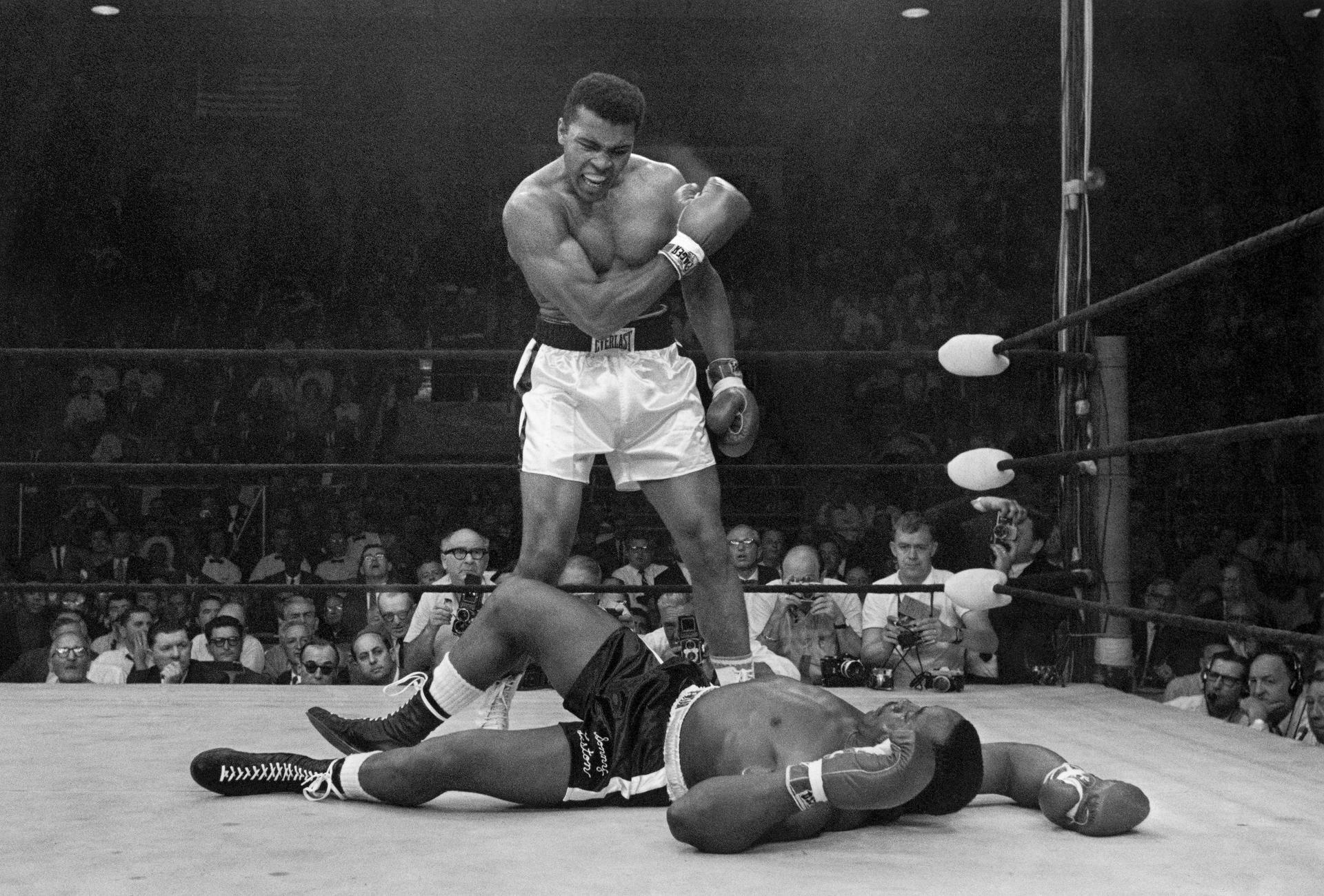
Data is the new oil.
We have billions of rows of data about millions of customers. As long as our customers are receiving static emails about irrelevant offerings, can't find what they're looking for in our stores or struggle with widgets they never use in our apps — there is oil in the ground.

Our goal is not to get people to like us.
Our goal is to get customers to like our company's products. We are not our users. We build products that benefit the customer in the end.

We ❤ ️experiments
To invent you have to experiment, and if you know in advance that it’s going to work, it’s not an experiment.
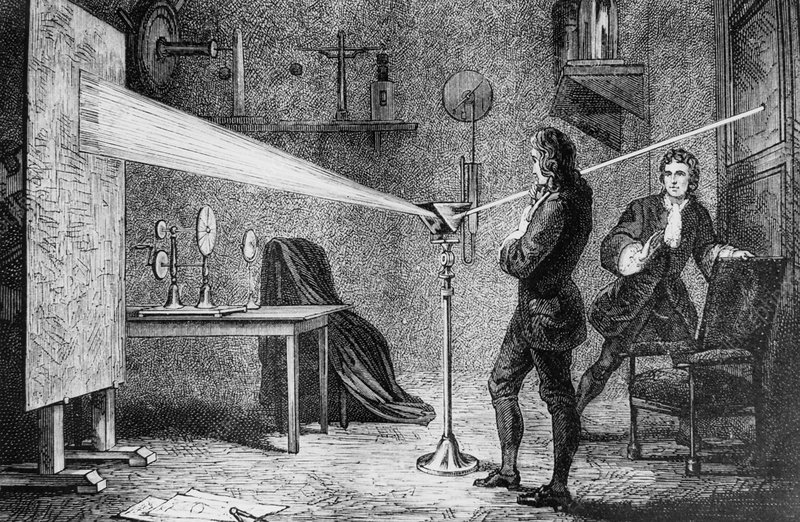
Customers are more than data.
Build products around and for people, not data. We must never forget that data is a means to an end, and the "end" is to create better experiences for people.

Data wins arguments. Data enables us to win.
Data beats talking. Data beats slides. Data beats ties. Data beats being popular. Many of the important decisions we make can be made with data. A team making rational, high-quality decisions based on data and experiments will light a bonfire.

If we don't create the next version of our services, somebody else will.
We face great competition in the marketplace. Our team also faces great competition internally.

Do things that feel right. Measure beyond numbers.
It is dangerous to think everything can be measured, because it leads us to believe everything that cannot be measured isn't real. Emotions, feelings are real. People are not deterministic black boxes, nor independent, identically distributed random variables. People think, talk and feel. Building a sustainable brand means winning the trust, hearts and minds of people, not just their compulsive clicks (and buys).

Tactics
Great artists copy.
Steve Jobs invented the computer mouse by copying the idea from Xerox. We live with open eyes and an open mind and adopt good ideas we see elsewhere.
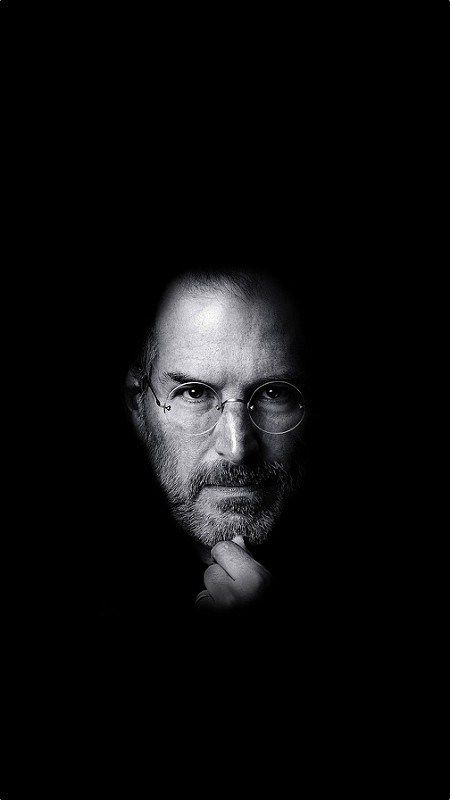
Do more with less.
Constraints breed resourcefulness, self-sufficiency and invention. We use simple but powerful tools to get our work done. There are no extra points for growing headcount or budget.
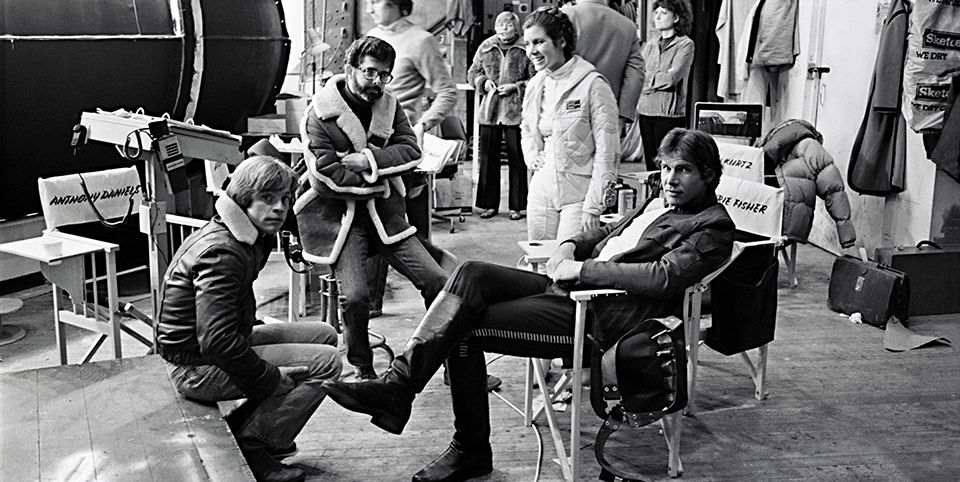
There is no point in having a 5 year plan.
Our industry is changing at a breakneck speed. We should have a 6 month plan, and know where we want to be in 5 years. And every 6 month, we take another look at where we are.

Ruthless prioritization.
Picking the right problem is more important than being able to solve problems. Focus on solving big problems. Focus on helping the most customers.
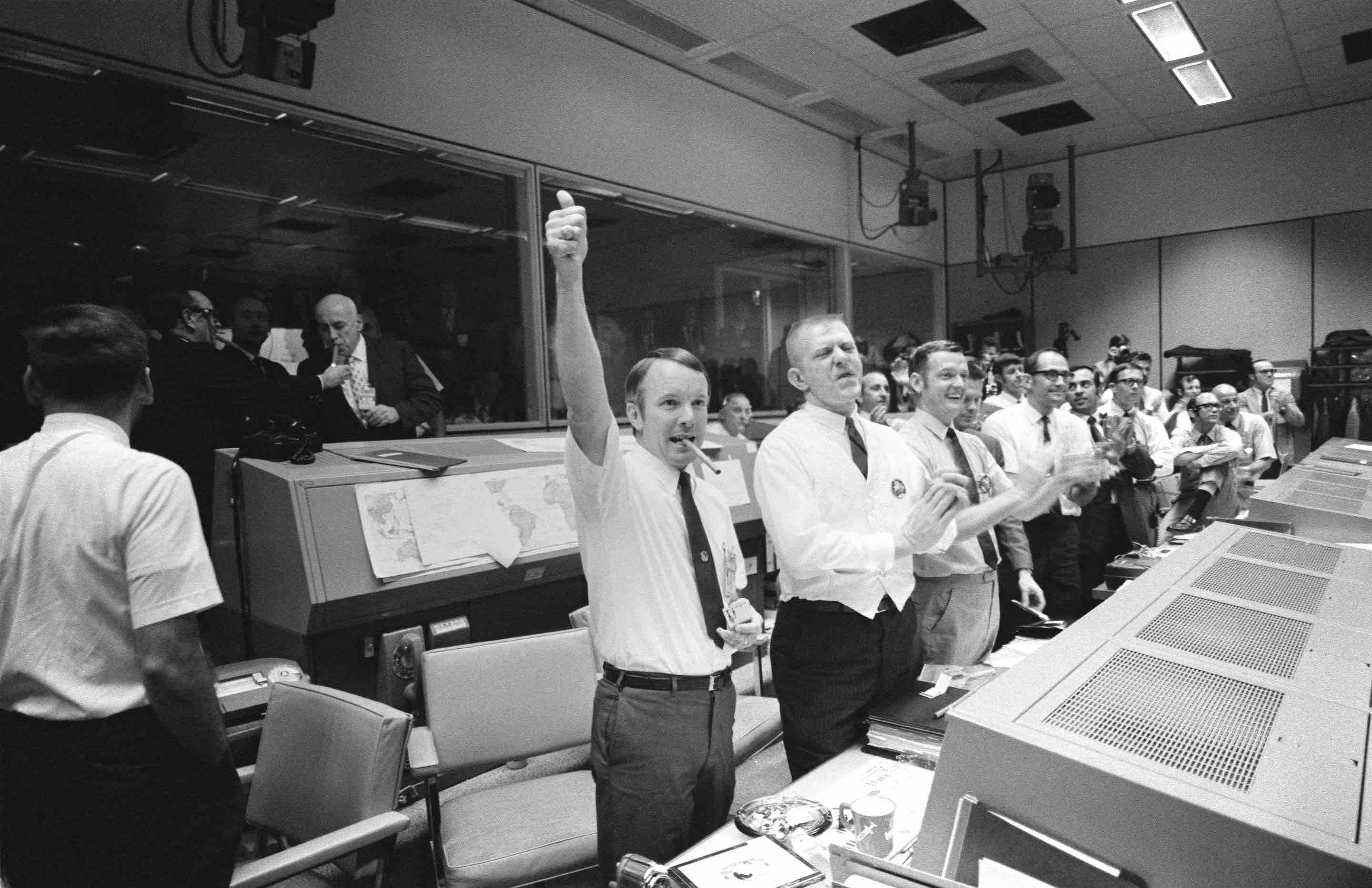
Stay focused and keep shipping.
Your product doesn't exist until it ships. And if it doesn't exist, it cannot have an impact. It doesn't matter how great your idea is if nobody is using it.

The quick shall inherit the earth.
Fast is better than slow. Fast means it's out in the real world. That means fast can learn from experience while slow can only theorize.

We treat reversible decisions as experiments.
Some decisions are consequential and irreversible or nearly irreversible – one-way doors – and these decisions must be made methodically, carefully, slowly, with great deliberation and consultation (for example, picking the location of a new Carrefour hypermarket). But most decisions aren’t like that – they are changeable, reversible – they’re two-way doors (for example, the way we do code reviews). We don’t have to live with the consequences for that long. We can reopen the door and go back through.
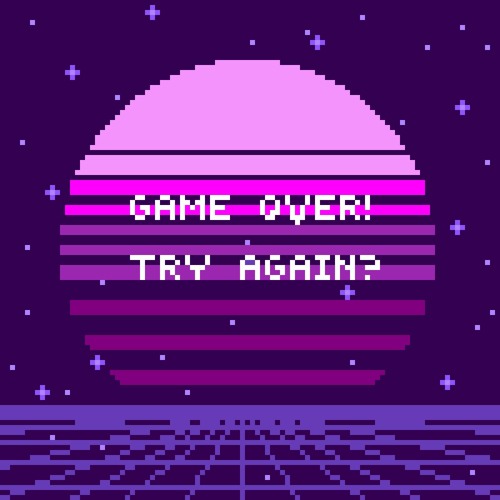
Done is better than perfect.
Building a good enough product and shipping in 3 months is almost ways better than waiting to release the first version in 12 months. The learning and feedback from users in those 9 months will enable us to build a much better product in the end.

Team
Hire and develop the best.
We maintain a high bar and hire the best people to solve hard problems. You're good at what you do. The person in your team is also good at what they do. Insist on high standards. Talk to others. Don't pay too much attention to seniority and rank.
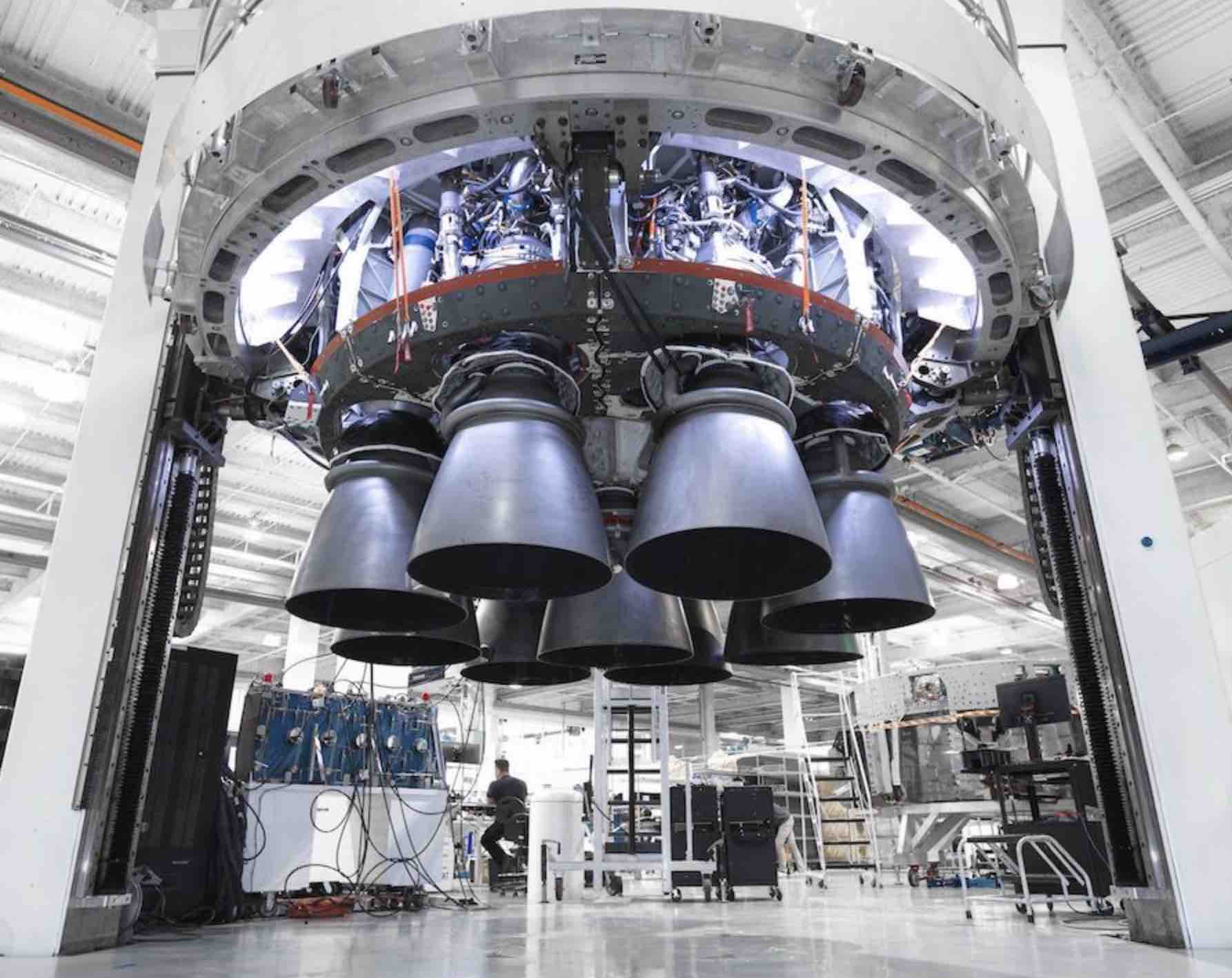
Clear, concise and consistent writing.
Good writing gets ideas noticed. It’s not true that only ideas matter. If your writing is sloppy, people will think you are the same. They won’t care about your message, they won’t work with you.

We are distributed.
We are a distributed team working from 5+ countries. We must be able to communicate efficiently online using asynchronous channels, while also creating opportunities to come together regularly and socialize. We prefer informal written communication (chat) to meetings and emails.

Always be learning and teaching.
We are some of the luckiest humans to ever be alive. We work in a high-demand field at the intersection of some of the most intellectually stimulating disciplines, and this field is continuously improving and re-inventing itself. We must always be reading and learning to keep up, and help others to learn and keep up. But, this is not a problem for us, since it's great fun.

We ❤ ️failures.
When something goes wrong, we don't blame each other, we remain patient, but quickly fix the problem. We do a post-mortem, identify root causes and look for systemic improvements. We do this for both social and technical issues.
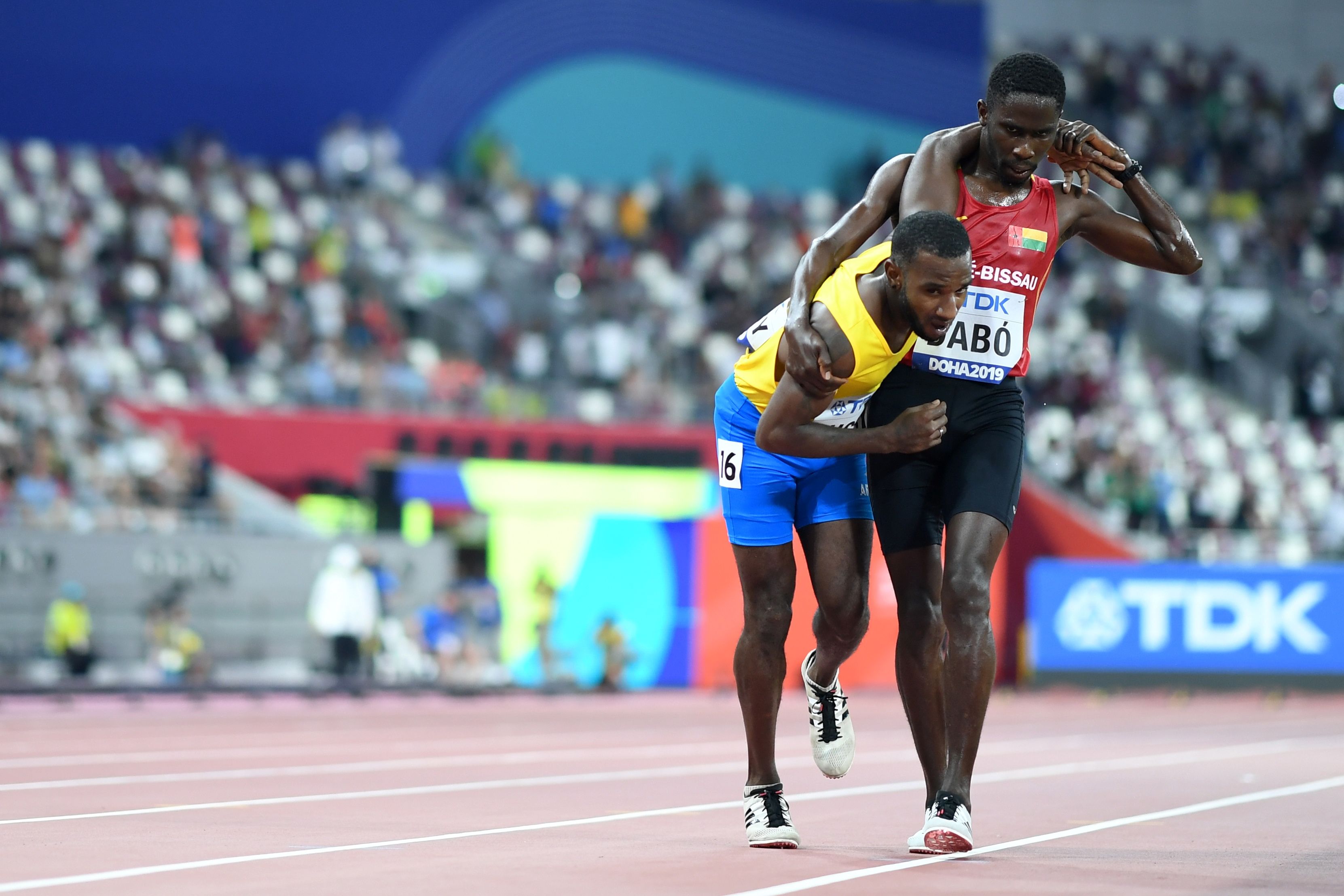
We are not good at everything.
We don't have to be good at everything. For example, we are not good at Objective-C development or writing marketing copy, and we can be honest about it.

We trust each other.
We listen attentively, speak candidly, and treat others respectfully. We are vocally self-critical, even when doing so is awkward or embarrassing. We prefer transparency over office politics and information silos.
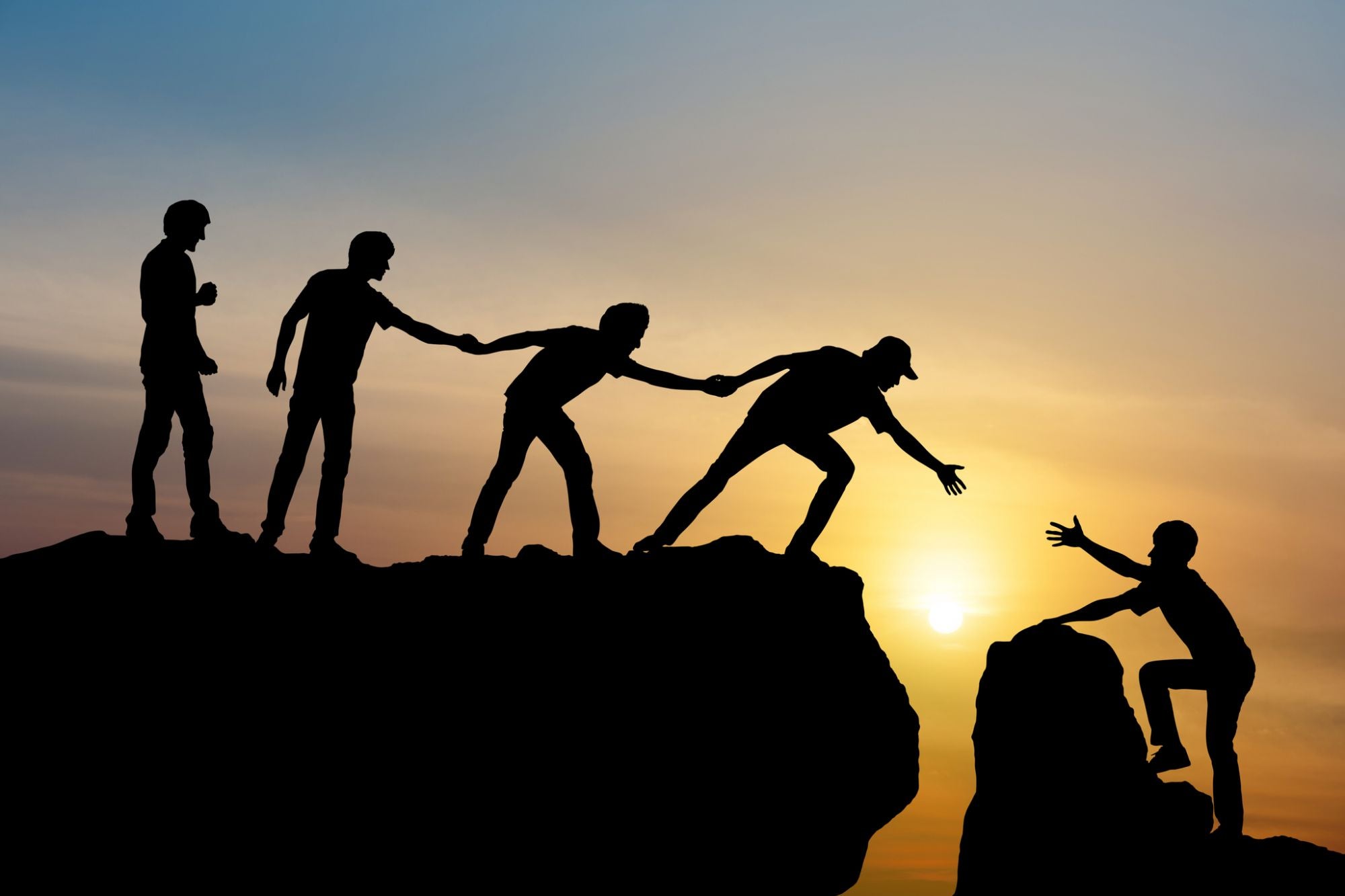
A team of humans.
We come together everyday to solve interesting problems, not to go skiing. We are a beautifully diverse team from many cultures, countries, religions, languages and family backgrounds. We respect each other, we help each other and we have fun while we solve our interesting problems. We serve each other and other teams.
